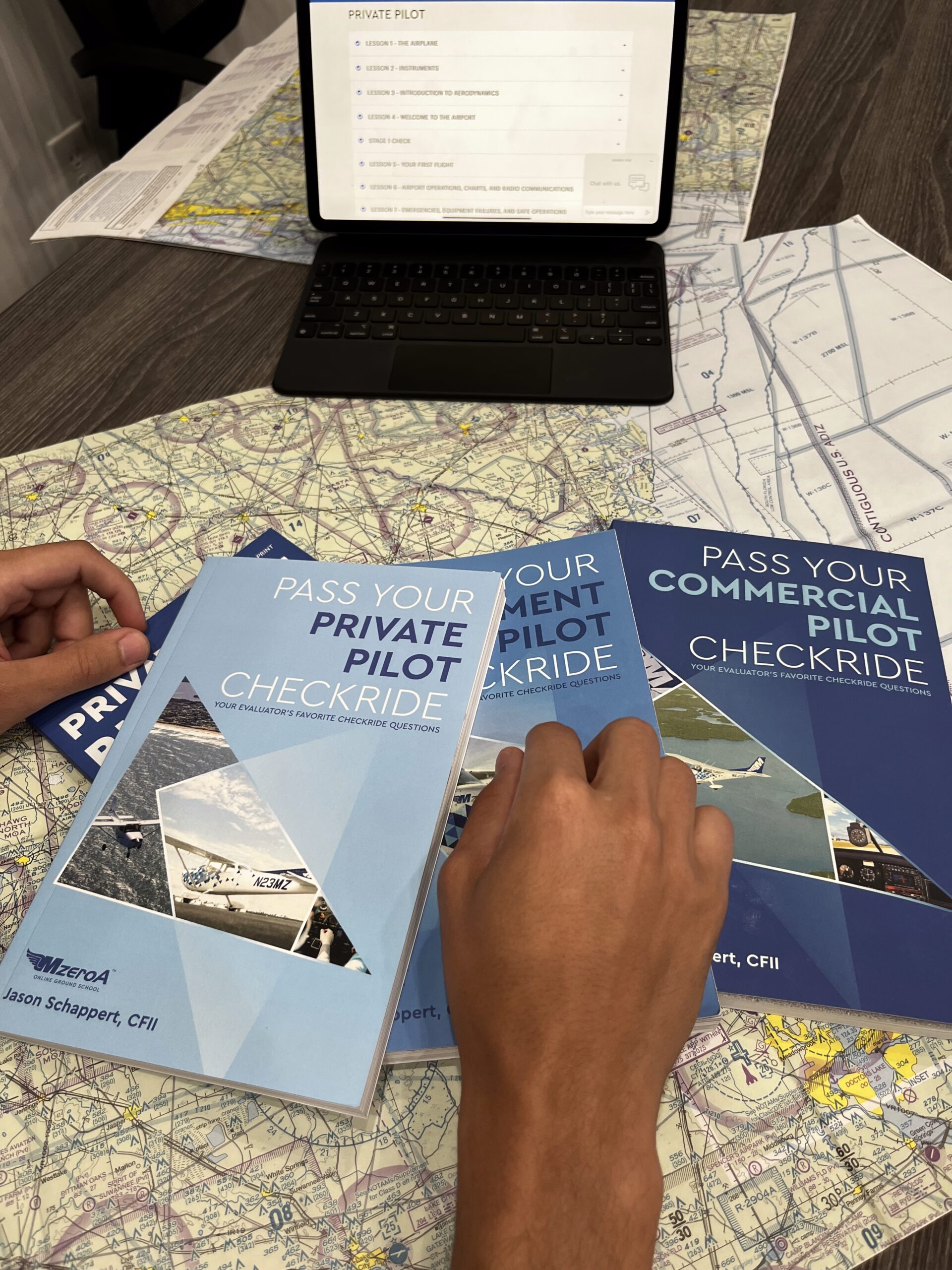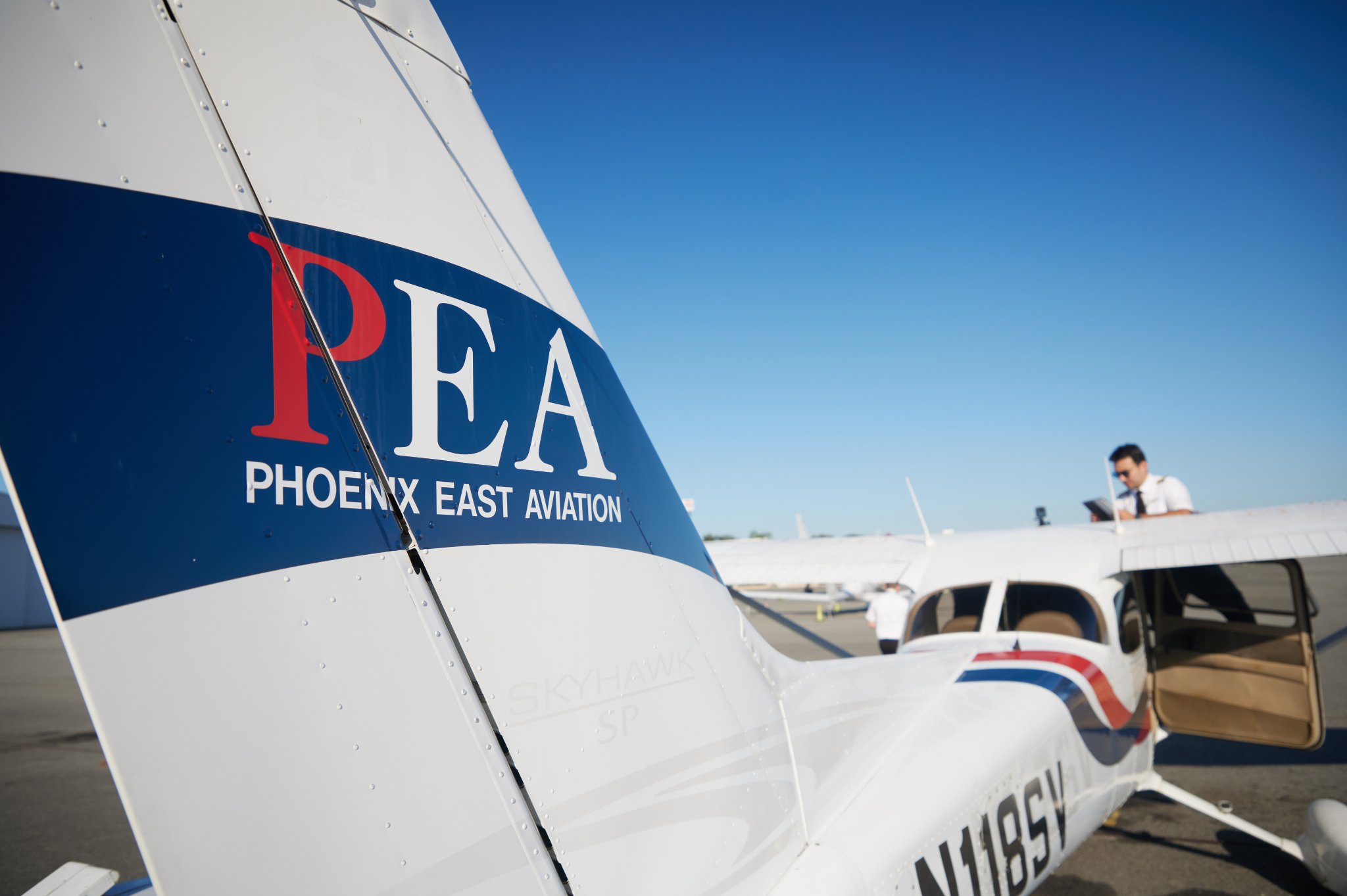Aviation English — Why It’s Important
You’ve probably heard that the ability to speak, understand and write English is mandatory if you wish to fly internationally. But do you know why? English is the language for all pilots and air traffic controllers who wish to operate in any international aviation enviroment. The International Civil Aviation Organization, called ICAO, determines the English language requirements.
You may hear the term “aviation English.” This includes the ability to speak, write and understand — in English — aviation meteorology, physics, navigation, maps and charts, electronics and avionics, instrumentation, hydraulics, rules of the air, air traffic control regulations and more. Precise, unambiguous and accurate communications in English, both in the air and on the ground, is very important to the international pilot to do his job safely.
If you want to be very proficient with your aviation English, what better way than to come to the US for your flight training? Over 65% of the student pilots at Phoenix East are from countries outside North America. For many of them, English is not their first language. They understand, however, that if they want to fly internationally as a career, their English must be truly excellent. And what better way to make sure of that than living and learning in the US? If you wish more information about professional pilot training, see www.pea.com.




